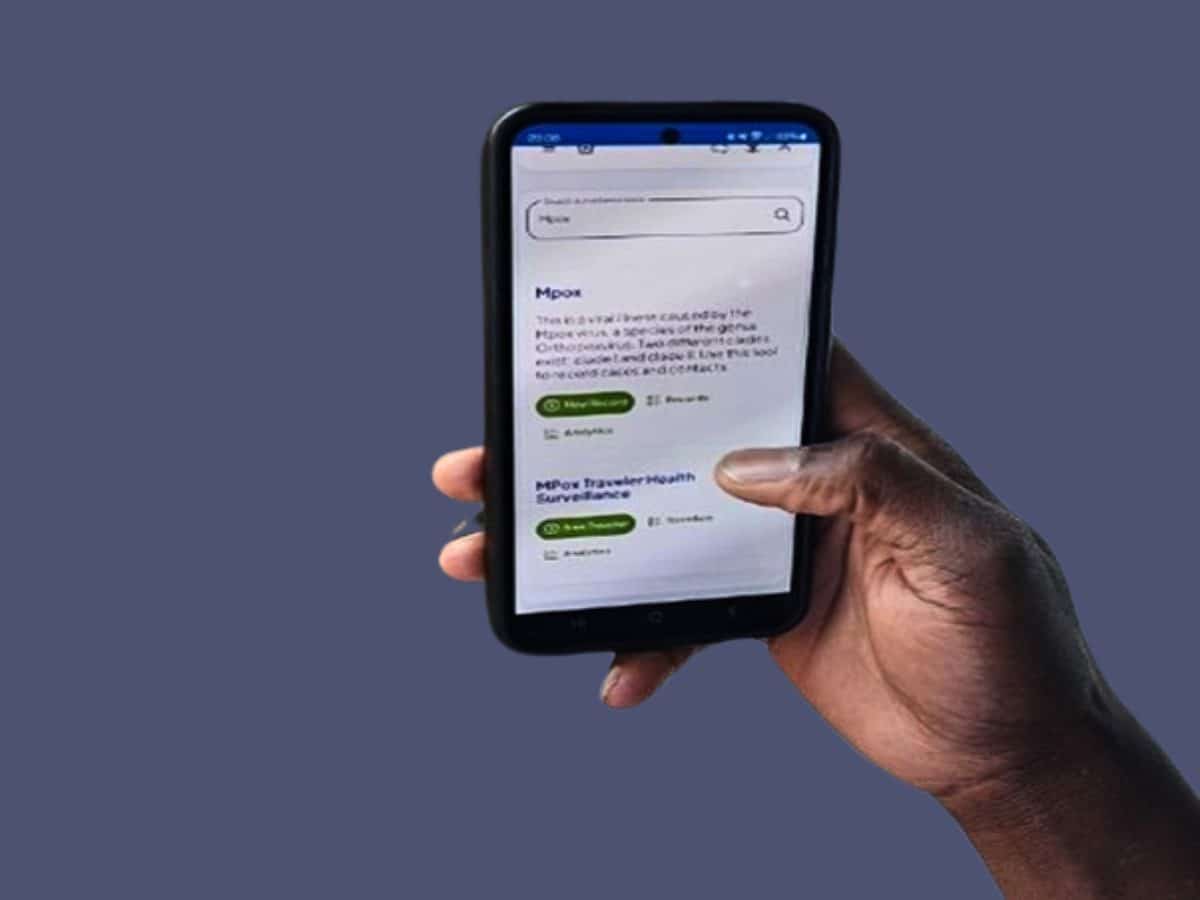At an ICAP-supported clinic in Siaya County, Kenya, Morris Walugwe arrives to receive voluntary medical male circumcision (VMMC). He was persuaded to do so by his wife after numerous conversations about the benefits of the surgery. “Now both my brothers got it,” he said. Mr. Walugwe is one of the thousands of men electing the procedure as part of a broader national health strategy in countries most affected by HIV.
Several studies have shown definitively that male circumcision can reduce by 60% the risk of men getting HIV infection from their HIV-infected female sex partners. Male circumcision has also been shown to decrease transmission of other sexually-transmitted infections (STIs), such as genital herpes and human papillomavirus (HPV)—which is found to cause cervical cancer in women. Considering that STIs increase the vulnerability to HIV infection, circumcision is an important intervention in efforts to decrease HIV and STI transmission.
In view of these findings, in 2007 WHO and UNAIDS recommended implementing VMMC in countries with high HIV prevalence and low rates of male circumcision, identifying 14 priority countries for scale-up of VMMC.
Soon after, ICAP launched male circumcision projects in three of those countries: Kenya, Mozambique and Tanzania.
+*Kenya*+
In Kenya, ICAP has partnered with the Ministry of Health (MOH) since 2009 to support HIV prevention, care and treatment in Nyanza Province. In 2012, ICAP began supporting male circumcision in six health facilities and, over the next two years, expanded to 24 health facilities in Siaya, Gem, Ugunja, and Ugenya sub-counties. ICAP worked with the local health officials to offer free VMMC services and supporting community outreach to increase awareness and to mobilize men.
To enable the scale-up of VMMC services in these regions, where medicalized circumcision is not common practice, ICAP worked to strengthen the health system and build capacity. Using a national training protocol, ICAP trained twenty MOH clinical staff on male circumcision and trained VMMC counselors to provide HIV testing as an integral part of the procedure. In addition, central to engaging individuals were community health workers and mobilizers, who were trained to conduct community outreach, providing accurate and reliable information about the benefits of circumcision and the risks of HIV infection.
“The biggest challenge we have found is that some people believed that once they are circumcised it’s 100 percent, it gives you a ticket to take risks,” said Dr. Eliud Mwangi, director of programs at ICAP in Kenya. “We had to overcome this misconception and to stress the need to combine circumcision with other prevention strategies.”
Young men were sought out in high schools and colleges. “Moonlight” mobilization engaged older, working men during the nighttime hours and a traveling road show visited in rural towns and villages to enhance interest in male circumcision programs. “We go to markets, we go to schools, we go to barazas, we go to community units, we go to hospitals,” said Ochiri Mosota, a social mobilization advisor at ICAP.
As a result of these efforts, over 26,000 men over the age of 15 have received medical circumcision through ICAP-supported programs and over 60 percent of all circumcised patients have received post-operative follow-up care.
+*Tanzania*+
A year later, ICAP built on the lessons learned in Kenya and began supporting male circumcision for HIV prevention in Tanzania. The Ministry of Health identified 11 regions and one district as priority areas for expansion of VMMC programs, including the ICAP-supported Kagera Region.
Currently, ICAP utilizes four approaches to support male circumcision activities in Tanzania: service delivery, continuity of care, demand creation, and coverage expansion. In Kagera, ICAP supports seven stationary sites for VMMC, as well as regular mobile campaigns for the migrant population of fishermen located on 20 Lake Victoria Islands.
To date, almost 56,000 men in Tanzania have been circumcised through ICAP-supported programs and 86 percent of them also received HIV testing and counseling.
+*Mozambique*+
In Mozambique, ICAP is working closely with provincial and district health networks to plan and implement HIV programs and support male circumcision by addressing infrastructure, human resources and training, quality assurance and monitoring and evaluation needs.
ICAP began providing support for male circumcision as a prevention strategy in Zambezia Province in 2013 focusing efforts at four health facilities and training healthcare workers. Four nurses were recruited to provide the procedure and 16 providers were trained to manage, record and create monitoring tools.
ICAP also supported the MOH in developing the first strategic plan to implement VMMC more widely in Mozambique.
ICAP also supports the procurement of equipment, development of educational materials about circumcision and HIV prevention, and worked jointly with the Ministry of Health teams to create radio messages aimed at community-based organizations and leaders.
Through ICAP’s support, over 45,000 men between the ages of 10 and 49 have been circumcised in Mozambique thus far.
_____________
In all three countries, ICAP’s support for the scale-up of VMMC has been enormously successful and the eagerness of individuals to take advantage of new HIV prevention approaches has been equally promising. In addition to skilled clinical providers, equipment and facilities, much of the success can be attributed to successful engagement of communities. Men from all walks of life came to speak openly about the advantages of the surgery and thereafter advocated within their own communities.
As one patient in Kenya remarked, “People never used to get circumcised in our culture, but nowadays there’s change.”







